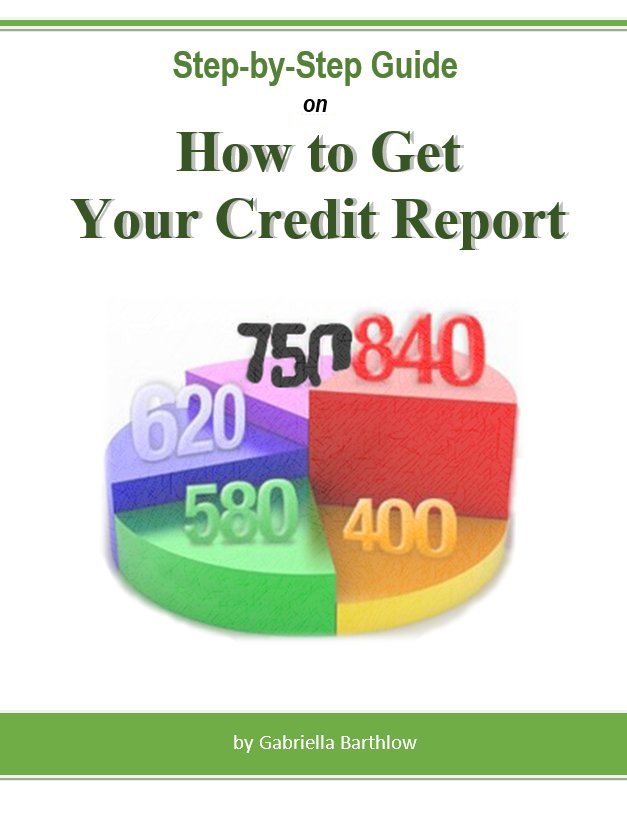
Looking to Buy A New Home?
Things have changed when your parent or grandparent bought a house. Here are some of the most popular views that just aren't completely true or smart in today's market.
Myth 1: The First Step Is Shopping
House shopping can be one of the most fun things you do.
After all, you are looking for your new palace, a place you can make beautiful, have peace, and show off to visitors.But don't let the fun of home shopping get your priorities twisted.
Looking at homes can be fun, but when it comes to the process of actually "buying" a house, you need to do some other things first. Know what kind of shape your credit is in before you start looking for real. Know how much you will have ready to give for a down payment. Look at your current budget and know how much home you can comfortably afford (keeping in mind new expenses like furniture and lawn care).
Myth 2: The asking price is set in stone
The asking price of a house is just that--"asking". The offer you make does not have meet that.
First, you don't know what the buyer is willing to accept because you don't know their mindset and situation. They asking for what they want; what they actually need (and will accept) may be lower.
Second, depending on your situation, you may be in a good position to negotiate. Excellent credit, a pre-approval approval, and a healthy down-payment already sitting in the bank can strengthen your position. It indicated to the seller that you are serious and ready to cut a deal now--as opposed to those who are still looking or waiting for their loan approval.
One more note, get the home inspection. If it turns up issues, you can use those to your advantage when you negotiate.
Myth 3: Waiving the Inspection Saves Money
With all the expenses you have buying a home--from gas to drive around to closing fees--you might be tempted to forgo the inspection to save some money. In many (but not all) cases, an inspection is optional.
However, that decision can be risky to you.
The home may seem nice now, but there is a lot of problems the untrained eye cannot detect, from roof leaks to faulty slabs. Even new homes have issues.
An inspection that costs you hundreds can save you thousands, even tens of thousands, in repairs. If you find them before closing, you can negotiate the price of those repairs as a deduction on the buying price. Or you can walk away from the deal--after all, those repairs actually add on to the cost of the house--a cost you were not expecting. The repairs may even delay your moving in the house.
Don't be worried that your dream home could be sold in a split second to someone else who waives the home inspection. Some sellers are banking on you skipping this step, and looking to pass off their problems to you. Pay for an inspection so you can spot the red flags before you buy a home.
Myth No. 4: The only up-front cost is a down payment
Sorry to tell you, whatever money you have saved for the down-payment, you need to add a few hundred more (at least) for all the closing expenses.
The good news is that you can negotiate what you will pay and what you won't. However, your financial position and the seller's motivation will drive how much will be negotiable.
Typically, there are several fees to pay at closes, plus taxes for the upcoming year (yes, you often have to pay taxes in advance when first buying the home.) Then there are the expenses of inspections, title searches and insurance, appraisals, and credit reports. Then, there is the cost of homeowners insurance that will be required for the purchase to go through.
In addition, the seller might want to make you responsible for closing costs (3% to 6% of the purchase price)—plus those costs can change drastically depending on your state.
To save safe, you should hire an attorney to review the associated contracts. Yes, this is one more cost, but it is one that can save you money in the long run.
Budget and pay your monthly mortgage payment, as well as utilities, property taxes, regular maintenance and repairs.
Myth No. 5: You can't buy with bad credit
A bad credit score doesn't necessarily stop you from financing the purchase of a house. It may make it harder to find a lender or get good terms, but it does not have to be a full stop on the process.
Getting a conventional loan will probably be out of the question. However, there are alternatives. With FHA loans applicants with low credit scores—even under 600—can qualify and they only require a down payment of 3.5%. Loans for those with lower credit scores aren't for everyone, so make sure you read all the terms.
Another alternative is buying on land contract, where you are dealing directly with house seller. These can be harder to find and you still need to show why they should sign a contract with you.
Lastly, some cities and counties auction off foreclosed property and even provide some loans for lower credit score holder with provisions that you live in the property and take finance classes.
The upshot is that there are loan programs out there even if your credit is less than stellar. But it may take some more digging to find them..

